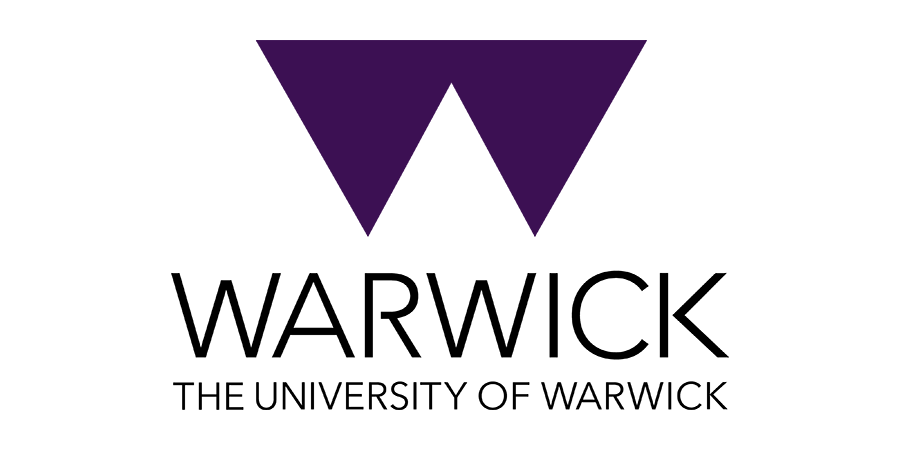PhD Studentship: PhonIon: Modelling Ultrafast THz Pump-X-ray Probe Spectroscopies For Ion Dynamics in Batteries
University of Warwick - Centre for Doctoral Training in the Modelling of Heterogeneous Materials (HetSys), Department of Engineering
| Qualification Type: | PhD |
|---|---|
| Location: | Coventry, University of Warwick |
| Funding for: | UK Students, EU Students, International Students |
| Funding amount: | Awards for both UK residents and international applicants pay a stipend to cover maintenance as well as paying the university fees and a research training support. The stipend is at the standard UKRI rate. Fully funded |
| Hours: | Full Time |
| Placed On: | 10th December 2024 |
|---|---|
| Closes: | 20th January 2025 |
| Reference: | HP2025/017 |
Supervisors: Dr Raj Pandya, Prof. Nicholas Hine, Prof. Reinhard Maurer
While we as humans are used to seconds and hours, electrons and atoms in materials move a whole lot faster around a million-billionths of a second (femtosecond). X-ray free-electron lasers (XFEL) are a powerful tool to watch material dynamics on these timescales but how to design and interpret XFEL experiments remains challenging.
This project will develop and apply new computational/analytical tools to guide XFEL experiments for specifically tracking lattice fluctuations and ion dynamics in energy materials (batteries). The project will involve close links to experimentalists with the chance to test out results at leading XFEL facilities in Europe/USA.
Outcomes will include an enhanced understanding of stochastic processes like ion hops in battery solid-electrolyte materials, and new XFEL methodologies/interpretation tools that can be used by the community.
Background
Femtoseconds and faster are the natural timescale of electrons and ions in materials. Over the last 40 years (Nobel Prizes in 1993 and 2024), scientists have developed exquisite laser-based tools for tracking material dynamics on these timescales. The problem is such methods (i) typically lack simultaneous nanoscopic spatial resolution, which is necessary to track individual atomic motions, and (ii) are unable to capture stochastic events like ion-hops or lattice fluctuations which often dictate material properties.
In recent years ultrafast X-ray free electron laser (XFELs) have been developed that have the potential to alleviate the two above challenges and follow random processes in materials with nanometre spatial resolution and up-to attosecond time resolution. These XFELs are especially well suited to studying process like ion hops which govern the charging rates battery materials, and lattice fluctuations which drive phase changes in these systems that dictate their durability.
One bottleneck however is the complexity of the design and interpretation of XFEL experiments. This primarily stems from the challenging materials (large/disordered unit-cells, long sampling timescales) and light-matter interactions involved. Consequently, computational tools, rooted in physics, that can predict and rationalise XFEL observables are desperately needed such that XFEL results can reach their full potential.
Aim
This research aims to utilise the latest advances of computational methods (machine learning potentials) and analytical calculation methods (quantum dynamics) to develop robust methods for predicting and interpreting observables from XFEL experiments. Methodologies developed be applicable to a wide range of materials, making impactful tools for the scientific community. The models and predictions in the project will be tested against real experimental data and used to drive the design of new XFEL experiments.
About HetSys
The EPSRC Centre for Doctoral Training in Modelling of Heterogeneous Systems (HetSys), based at the University of Warwick, is an exceptional environment for students from physical sciences, life sciences, mathematics, statistics, and engineering. HetSys specializes in applying advanced mathematical methods to tackle complex, real-world problems across a variety of research areas.
Our research themes span exciting topics such as nanoscale devices, innovative catalysts, superalloys, smart fluids, space plasmas, and more. HetSys provides:
- A vibrant, interdisciplinary student community.
- Flexible, tailored training opportunities.
- A collaborative environment that fosters creativity and growth.
Interested?
Join HetSys and help shape the future of sustainable technology through groundbreaking research. For more information about this project and how to apply, visit: https://warwick.ac.uk/fac/sci/hetsys/themes/projects2025.
Funding Details
Additional Funding Information
For more details visit: https://warwick.ac.uk/fac/sci/hetsys/apply/funding/
Advert information
Type / Role:
Subject Area(s):
Location(s):









